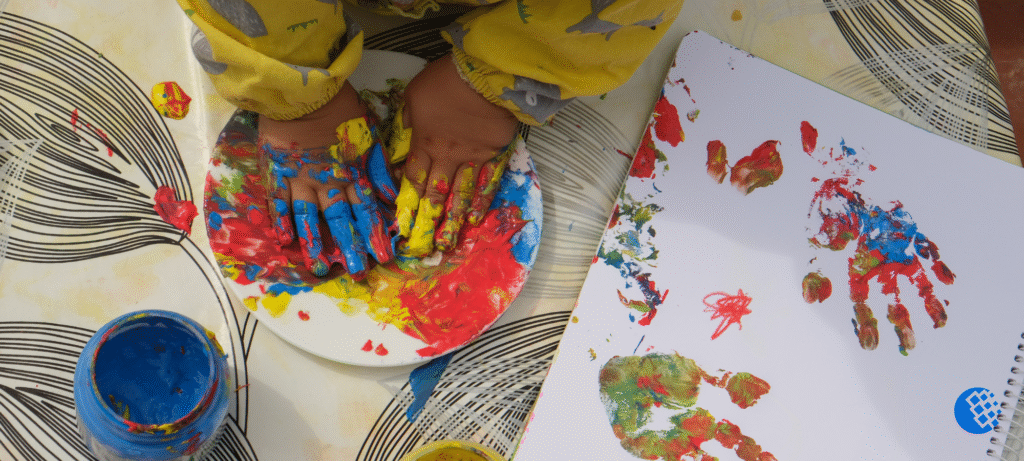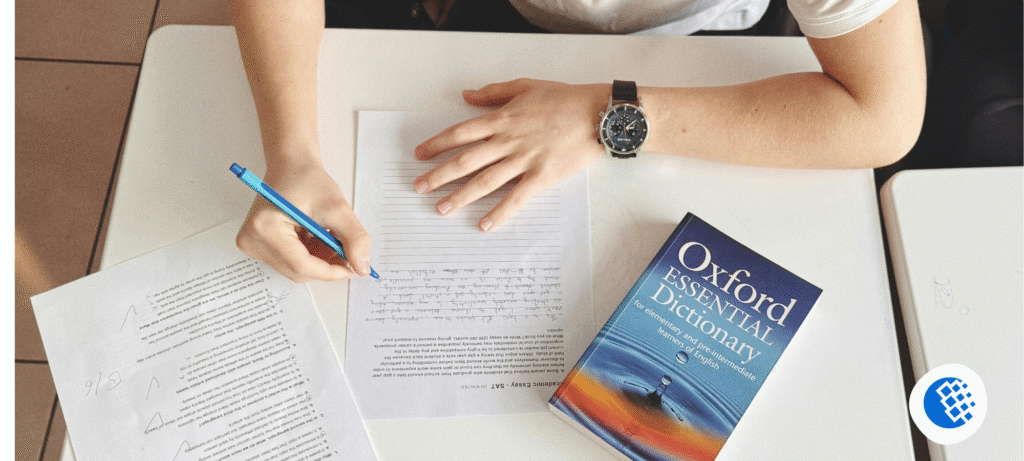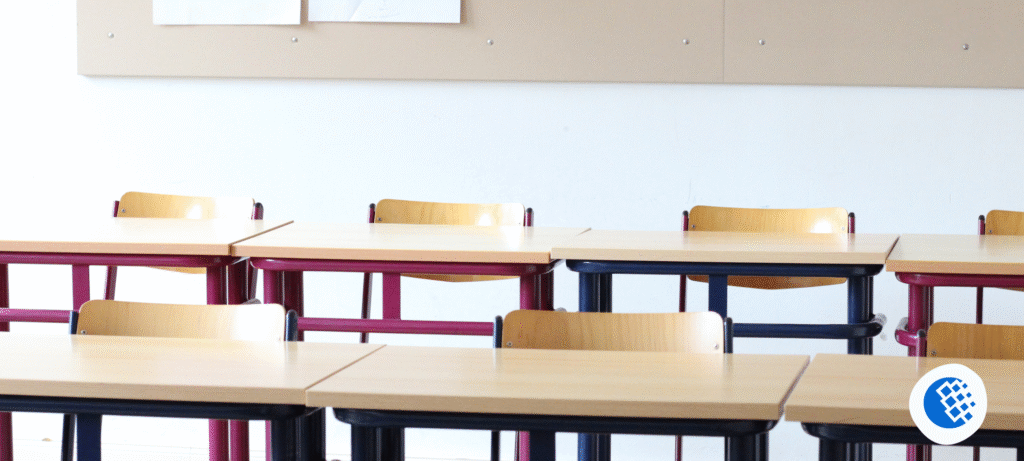Strong foundations in education begin long before elementary school. Early learning shapes social skills, emotional growth, and cognitive abilities that last a lifetime. Schools in Minnesota are taking a fresh look at how professionals are prepared to guide this critical stage. Their focus is on modern methods that reflect the needs of children, families, and communities today.
A New Model for Preparing Educators
The state has become a hub for innovative approaches to teacher preparation. Colleges and training centers are aligning their programs with developmental science and community expectations.Early childhood education courses in Minnesotaemphasize more than classroom theory, blending academic study with hands-on practice. This approach ensures that aspiring educators leave with both knowledge and real-world experience.
Expanding Practical Experience
Minnesota schools are placing strong emphasis on fieldwork. Instead of spending years in lecture halls before working with children, students now engage with classrooms early in their studies. Partnerships with preschools, childcare centers, and community organizations provide valuable exposure. These opportunities help future educators understand diverse learning environments while gaining confidence in their teaching skills.
Prioritizing Cultural Awareness
Diversity in classrooms is growing across the state. Training programs are equipping educators to respect and respond to cultural differences among children and families. Coursework often includes lessons on inclusive practices and communication strategies. This ensures that every child feels valued, regardless of background or language.
Integrating Research and Innovation
Minnesota’s institutions are combining traditional methods with the latest research. Courses are designed to incorporate neuroscience, child development studies, and educational psychology. Educators are trained to apply evidence-based practices that support early literacy, problem-solving, and emotional well-being. Keeping pace with current research helps schools prepare professionals who can adapt to evolving educational needs.
Focus on Family Engagement
Educators are learning that family involvement is central to a child’s growth. Training programs highlight strategies for building strong partnerships with parents and caregivers. Communication, trust, and shared goals between families and educators foster better outcomes for children. Minnesota schools stress that teachers must see parents as allies in the educational journey.
Mental Health and Emotional Development
Child well-being is a growing priority in early education. Training programs now include courses on recognizing emotional struggles, supporting resilience, and creating safe environments. Educators learn how to encourage self-expression and build positive relationships among children. This focus reflects a deeper understanding that education is about nurturing the whole child, not just academic success.
Technology as a Supportive Tool
Though early learning is best rooted in interaction and play, Minnesota schools recognize the role of technology. Educators are trained to use digital tools responsibly to supplement learning. The emphasis is on balance, ensuring that technology enhances rather than replaces personal connections. This measured approach prepares teachers to guide children in a thoughtful and age-appropriate way.
Professional Growth Beyond Graduation
Training does not stop once a degree is earned. Minnesota has developed networks of professional development that keep educators connected to new methods and resources. Workshops, mentorship programs, and ongoing certifications allow teachers to remain effective throughout their careers. This lifelong support system strengthens the quality of education statewide.
Minnesota’s approach is reshaping how future educators are trained, with a strong mix of practical experience, cultural understanding, and evidence-based strategies. Programs such as early childhood education courses in Minnesota are creating professionals who are both knowledgeable and adaptable. This commitment ensures that the youngest learners receive the guidance they need for lasting success. As schools continue refining their methods, Minnesota is setting a powerful example for other states to follow.





